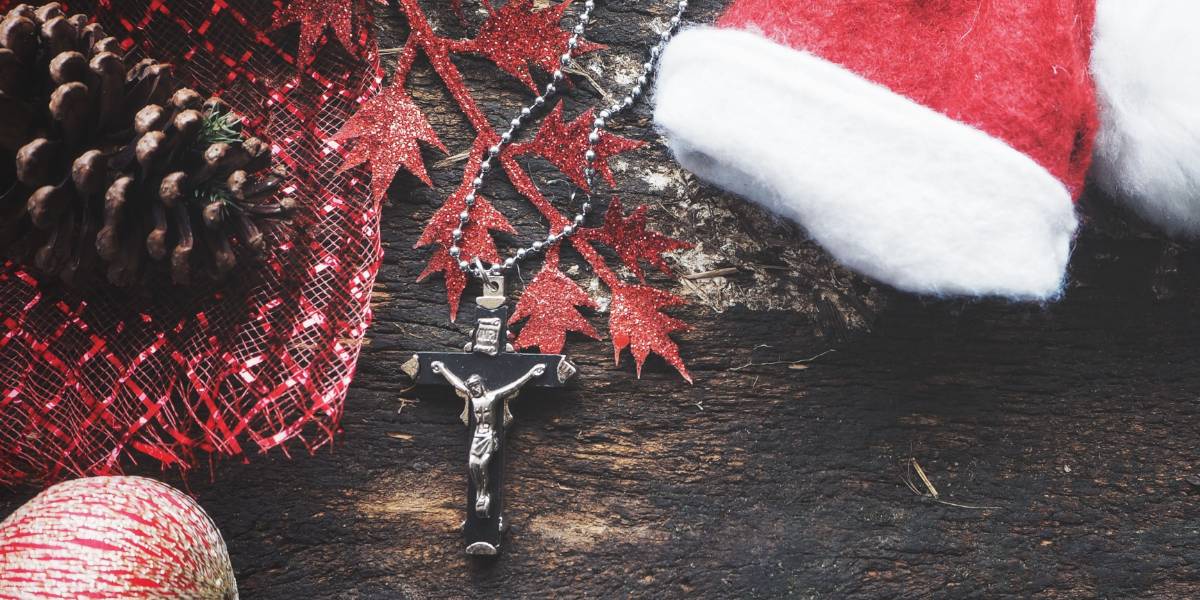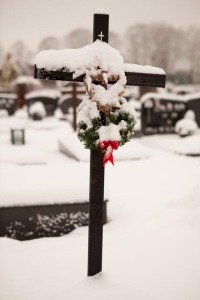
A Weekend Tragedy
There are many possible reasons for this uptick on holidays, and some factors relate to the day of the week. The aforementioned study showed that anyone, adults or children, could be more inclined to pass on a weekend day than during the week. Researchers demonstrated that this also applied to the subset of people who were admitted to the hospital on weekdays or weekends. Those who are admitted on weekends have a higher risk of subsequent death. It is not clear whether this difference relates to differing behaviors on weekends or limited access to medical care on weekends. When Christmas and New Year’s Day occur on a weekend, those days will probably be doubly troublesome.
One More Holiday Together
Of course, the people who die may have some decision-making power in this circumstance, and this fact should not be understated. Many families know the pain of losing a beloved friend or relative on Christmas. Not all of these deaths are unexpected, either. A person who knows they have little time left may engage in what experts call “postponement of death.” This means that they push to retain their energy long enough to last through one more important moment with their friends and families before they pass. Once they have reached their goals, they feel better letting go and letting their health conditions take control.
A Reminder of Sadness and Loss
For others, the holiday is not the same kind of celebration that it once was. Christmas can be full of disappointment and tragedy for many families who have seen difficult times. The study indicated that people who die shortly after Christmas may decide to give up on the holiday after spending days or weeks thinking on the things that have gone wrong in their lives. Emotion takes a physical toll on the body that cannot be understated, but is often misunderstood. The increase in deaths around the first of the year is not all related to suicide. However, people who give up on life are less likely to fight disease and other conditions, which makes them more likely to die prematurely.
Creating a Fitting Memorial
Many families like to remember the loved ones they have lost during the holidays, as holidays encourage specific memories of better times. The first Christmas without a parent, sibling, child or friend can be one of the hardest experiences a family can endure. It is generally best if they do not try to hide their feelings of grief, pretend that they do not exist or that nothing has changed. However, families should also make an effort to do what feels right for them as far as the holiday is concerned.
The holidays will never be the same, but that does not mean that they cannot become enjoyable again. Many people like to incorporate some of their old traditions with a few new things. They may decide to add new ornaments to the tree, or display an urn with a favorite Christmas picture in a prominent place. These traditions make families feel like their loved ones are still with them. People are more likely to die on holidays, on their birthdays and on weekends. Some of this is due to stress, or longing for one last holiday for their families to remember. Ultimately, memories are all that people get to keep of their loved ones, so the remembrance is most important.







https://www.inthelighturns.com/gone-fishing-silver-pendant-urn.html
Barb